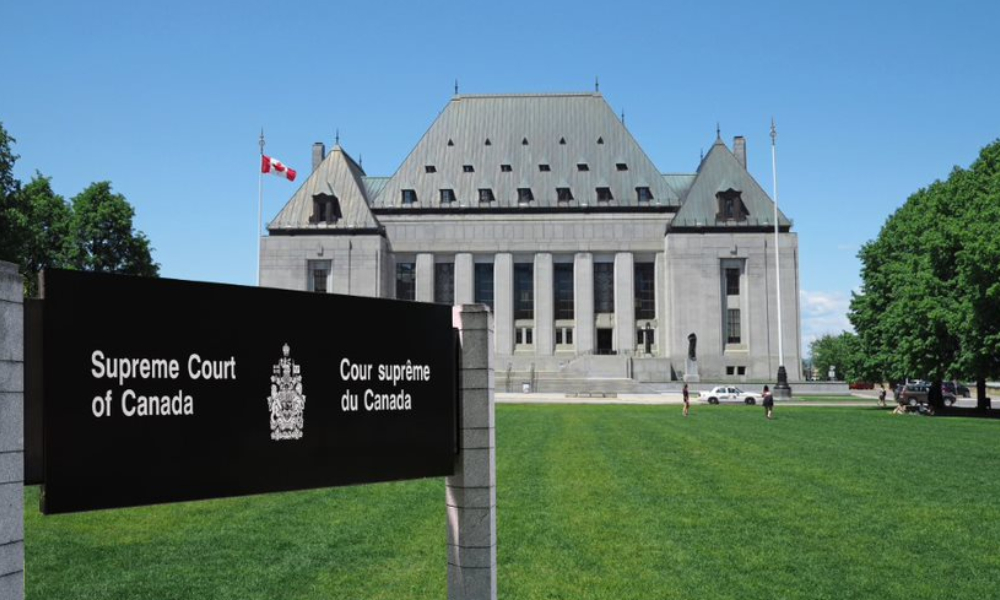Supreme Court clarifies test for bonus damages and addresses employer obligations of good faith in Nova Scotia case

Subject to contractual restrictions, an employer is required to provide employees with reasonable notice of termination. Failing that, or in the event of a constructive dismissal, an employee may sue to recover the compensation that would have been paid during the period of reasonable notice.




